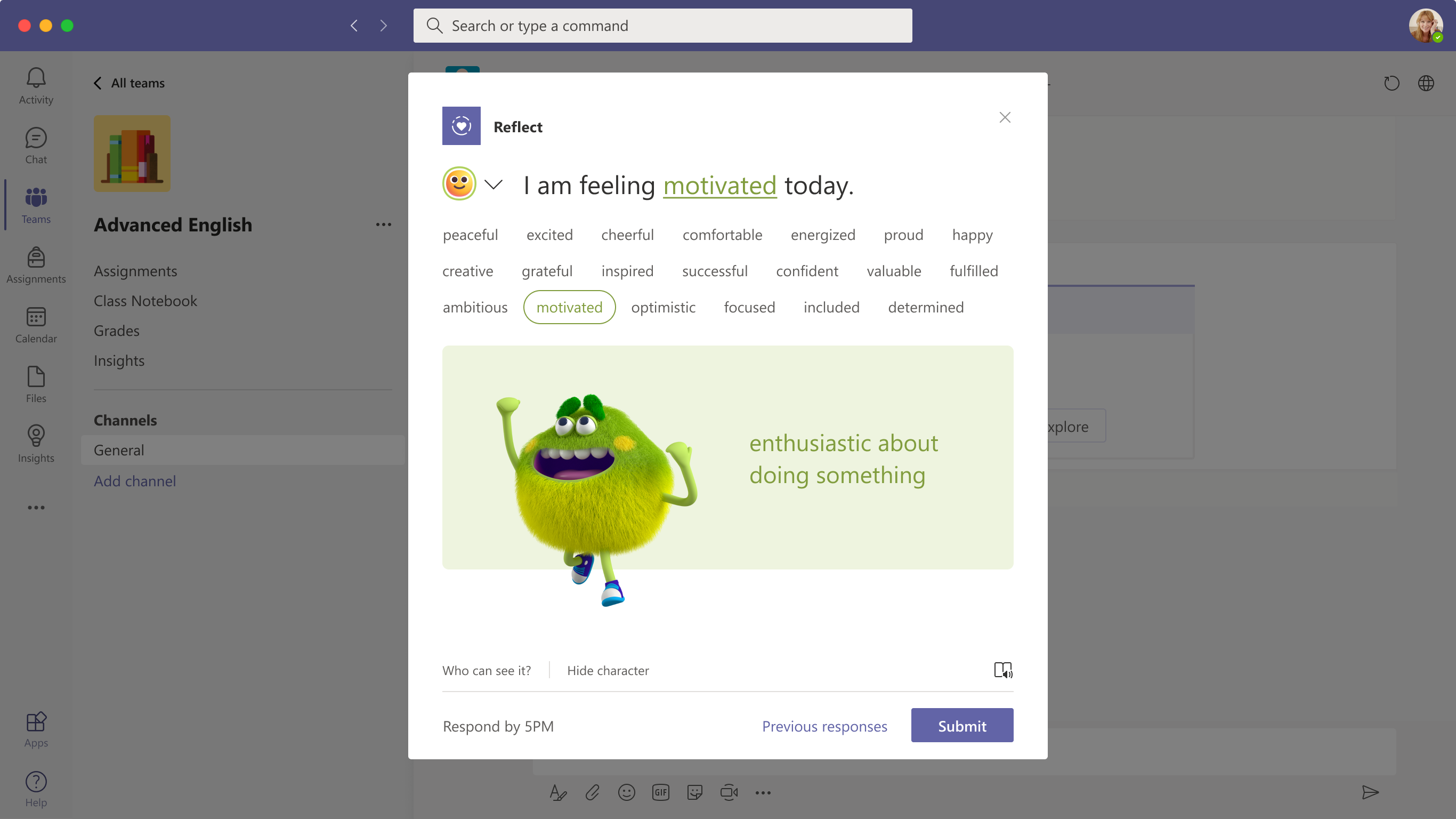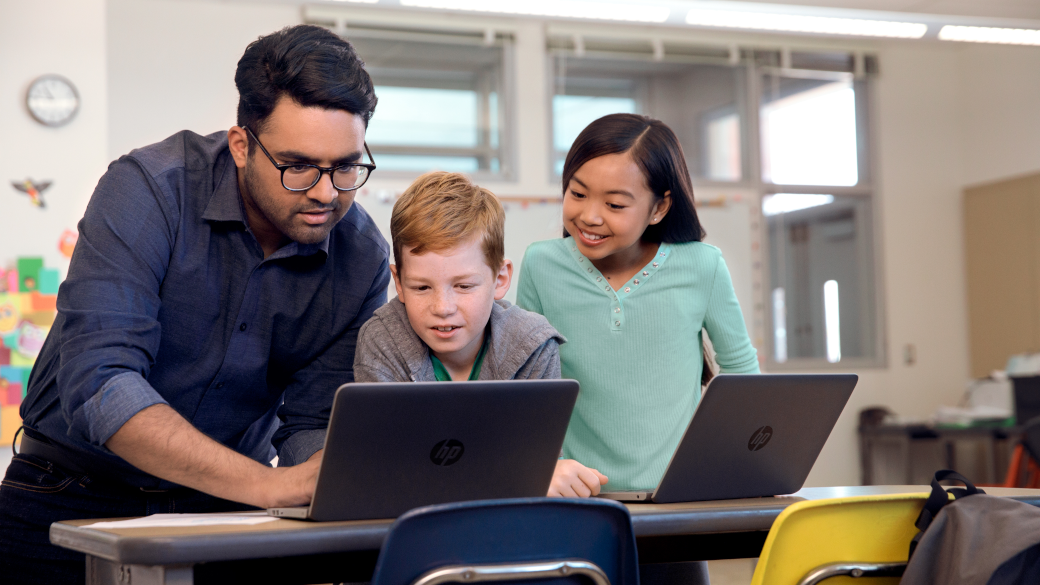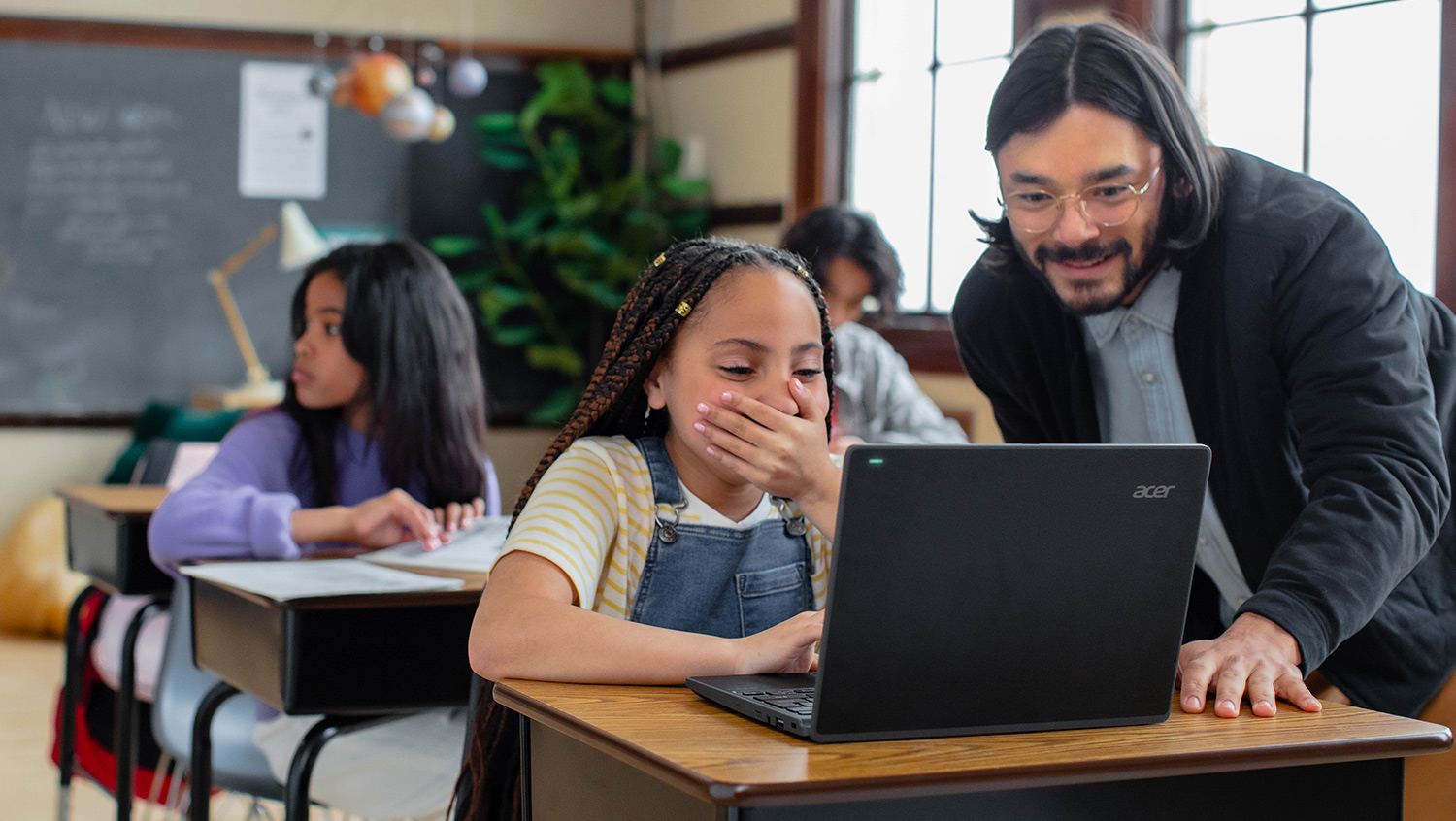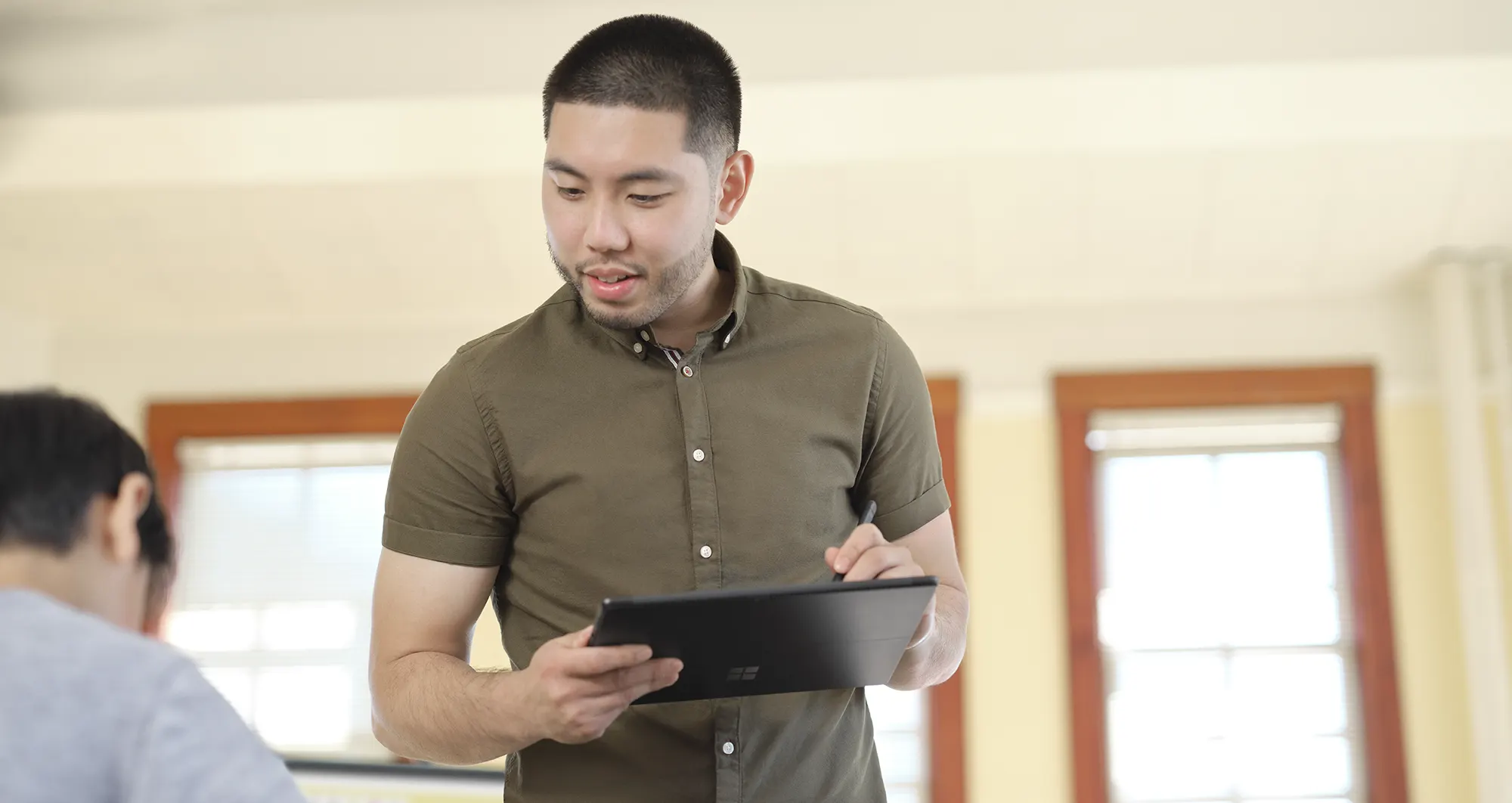The past year and a half has highlighted that disruptive events affect communities very differently. Students in lower income areas and those who are traditionally underserved face challenges that those in higher income areas don’t, such as heightened anxiety about graduating, increased loneliness, and difficulty feeling connected to peers.1 Education experts are already seeing an increase in mental health issues as a direct result of COVID-19 and advise placing focus on students’ social and emotional skills. This may minimize the severity of psychological damage and help students feel calmer, more confident, and most importantly, provide a sense of control in a world which can feel largely out of control.2
For the past three years, the Organisation for Economic Co-operation and Development (OECD) has been leading the first-ever international effort to develop a comprehensive survey on social-emotional skills, and they’ve just released the findings. The report and a recording of the report launch event are available to view and download on the Microsoft Education Social Emotional Learning resource page.
The findings and analysis cover topics of interest to government policymakers, school leaders, and teachers, and can help educators identify gaps in skill development and adjust curricula and school culture.
OECD Director of Education and Skills describes the importance of social and emotional skills and well-being
Some preliminary insights from each of the key areas in the survey are:
- School performance: Student social and emotional skills are significant predictors of school grades across students’ backgrounds, age cohorts, and cities.
- Psychological well-being: Fifteen-year-old girls and socioeconomically disadvantaged students reported being less satisfied with their lives than boys and socioeconomically advantaged students, respectively.
- Curiosity and creativity: The survey found that levels of creativity and curiosity were significantly lower among 15-year-olds compared to 10-year-olds, suggesting a decline in creativity as children enter adolescence.
- Social relations in schools: Students with a greater sense of school belonging and better relations with teachers reported higher social and emotional skills.
- Individual differences in socioeconomic status: On average, socioeconomically advantaged students reported higher social and emotional skills than their socioeconomically disadvantaged peers in all cities participating in the survey.
The survey findings reinforce existing research that highlights the importance of engaging all students with the right tools for social and emotional skill development and learning. So, the next step for educators is to explore additional ways to bring these strategies and tools into the classroom.
Microsoft’s commitment to supporting social-emotional skills and learning
Microsoft remains committed to providing professional learning resources and partner solutions integrated into popular tools that support equitable social and emotional learning (SEL).
We’re proud to have the opportunity to assist educators in improving students’ academics, well-being, and future career readiness by carefully designing products that align with research and best practices. Whether communicating feedback and encouragement with Praise Badges and stickers in Microsoft Teams, modeling self-regulation in Minecraft: Education Edition modules, or uplifting student voices in Flipgrid, we are consistently consulting educators and students to help us authentically apply what we’ve learned.
To help build emotional granularity and present emotional data in a visual and nonnumerical way for students, earlier this year we launched Reflect in Microsoft Teams, which uses polling to help educators strengthen relationships with students and gain insight into their well-being. Later this month, we’re excited to introduce students and educators to a new illustrated character that brings the 51 emotions in Reflect to life, helping students connect facial expressions and body language to the novel vocabulary of Reflect check-ins. Explicit teaching of social and emotional skills is one of the primary tenets of SEL; by providing a reference of what specific emotions look like, this character provides an opportunity for students to develop their capacity to interpret those feelings in others. To learn more, visit the Reflect for Education page in the Microsoft Educator Center.

The development of social-emotional skills can be supported in additional ways, including with learning games, like those in Minecraft: Education Edition. These games can teach emotion regulation and collaboration with modules such as Mindful Knight and Flipgrid’s easy-to-use platform that empowers students to use their voices and share their creativity.
You can download the complete OECD survey analysis on the OECD’s Survey on Social and Emotional Skills site, and explore more SEL resources on the Microsoft Education Social Emotional Learning resource page.
References:
1“The Class of Covid-19 Lessons of Today and Learning for Tomorrow”, Harvard Business Review Analytic Services, 2021, pg. 5.
2Ibid, pg. 4.




